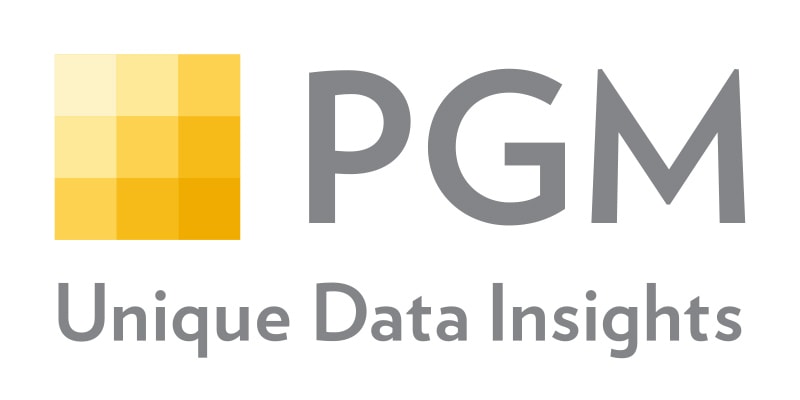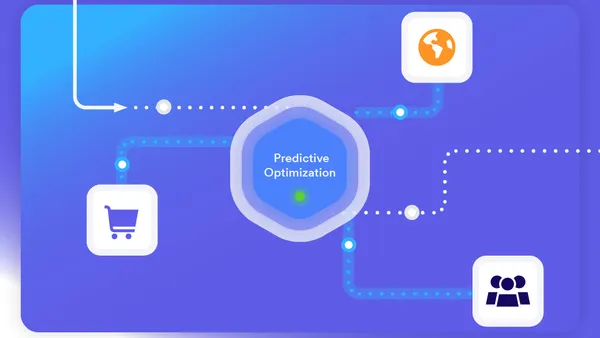Dive Brief:
- Unilever announced plans to increase the number of female-led startups it invests in, according to a report at The Drum. Twenty-three percent of the company's investment in startups currently go to women-owned businesses, and the plan is to increase that number to 50% by 2023.
- In a study of startups in the U.S., U.K., India and Singapore commissioned by Unilever, 46% said gender bias was a problem in the industry, and 42% of female founders said access to funding was their biggest barrier to success. Unilever is partnering with U.N. Women and 22 other companies for a new initiative called "Global Innovation Coalition for Change." The group is pushing for acknowledgment of the problem and for companies to be transparent in releasing their gender data. It will create multidisciplinary programs and training for women in business as well.
- Unilever is not increasing its investment in startups overall but is instead redirecting what it already spends to female-led businesses based on merit. Most of the company's investment in startups is through its incubator program Unilever Foundry. Unilever has worked with nearly 10,000 startups since the project was founded, per The Drum.
Dive Insight:
Unilever, which has been bullish on its investments in startups through its Foundry program, recognizes that diversity drives innovation, which also drives sales and market growth. Companies with "2-D diversity" based on being more inclusive in gender, sexual orientation and race out-innovate and out-perform less diverse companies, according to Harvard Business Review research. Directing more of its investments toward women-owned businesses could help Unilever level the playing field for those businesses and discover talent and ideas that might have been previously overlooked.
Well-established brands continue to invest in startups, including through accelerator programs, to keep up with emerging industry trends and technology. Some of the brands that have dominated the market for generations are losing out to startups and digital-first upstarts that foster direct consumer relationships and have agile supply chains that can evolve with consumers' needs. While Unilever didn't offer specifics on the role it will play in the programs it has created to empower women in business, or outline any milestones for reaching its investment goals, the brand is hoping to be a change agent, The Drum reported.
As the #MeToo movement has recently brought widespread instances of sexual harassment and abuse to light, it's also cast a harsher light on the lack of gender equality and how few women hold leadership roles across industries, including marketing. Unilever isn't alone in seizing the moment to address this issue: alcoholic beverage maker Diageo recently launched a "Free the Bid" initiative that urges ad agencies and content producers worldwide to include at least one female director in their creative bidding process.












